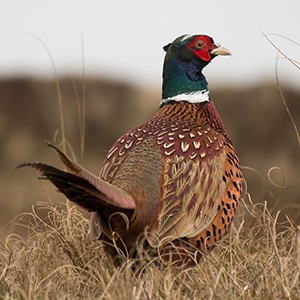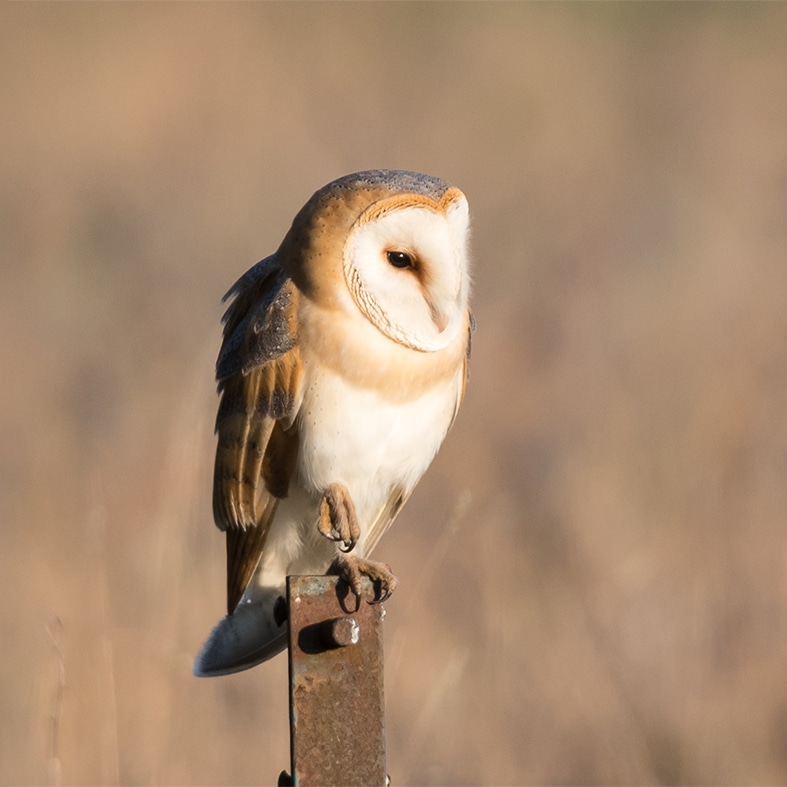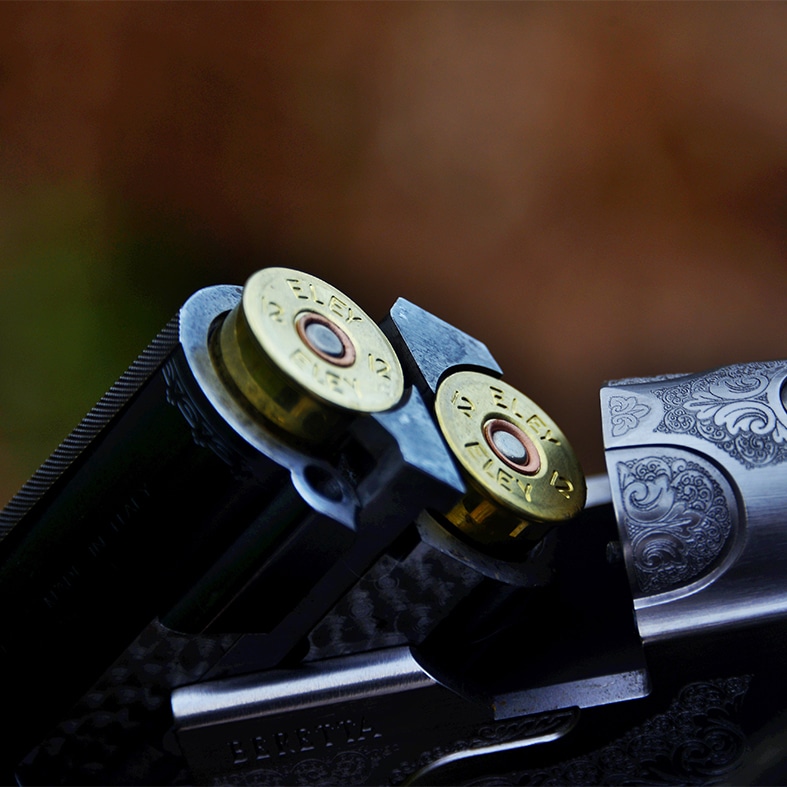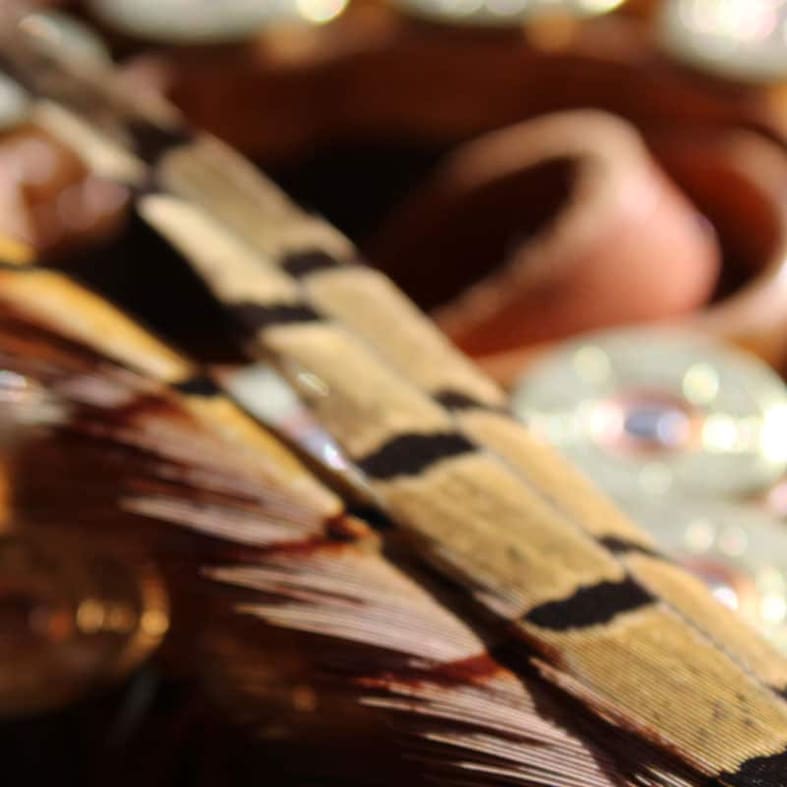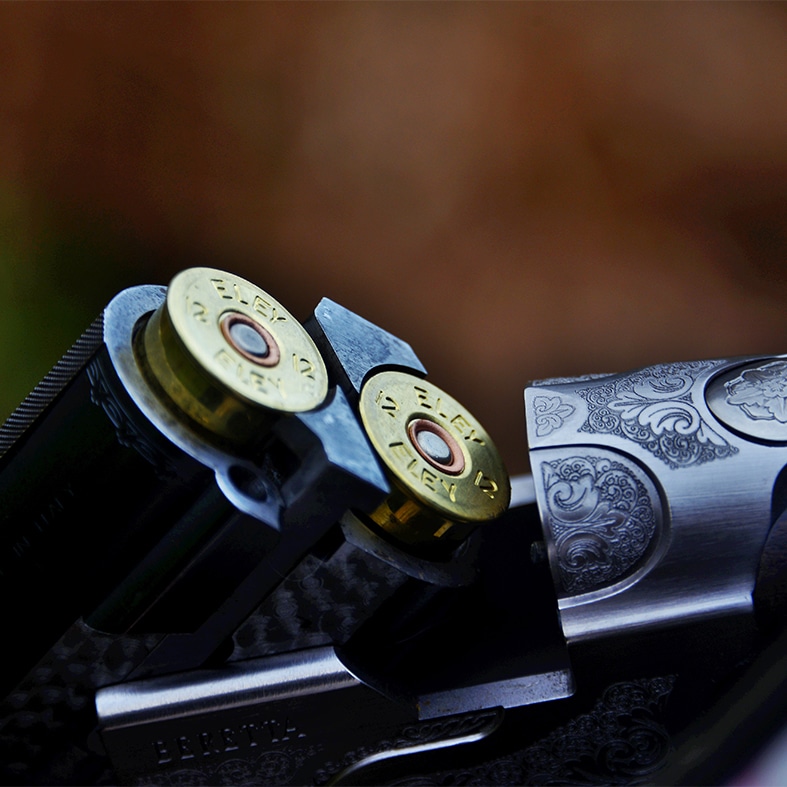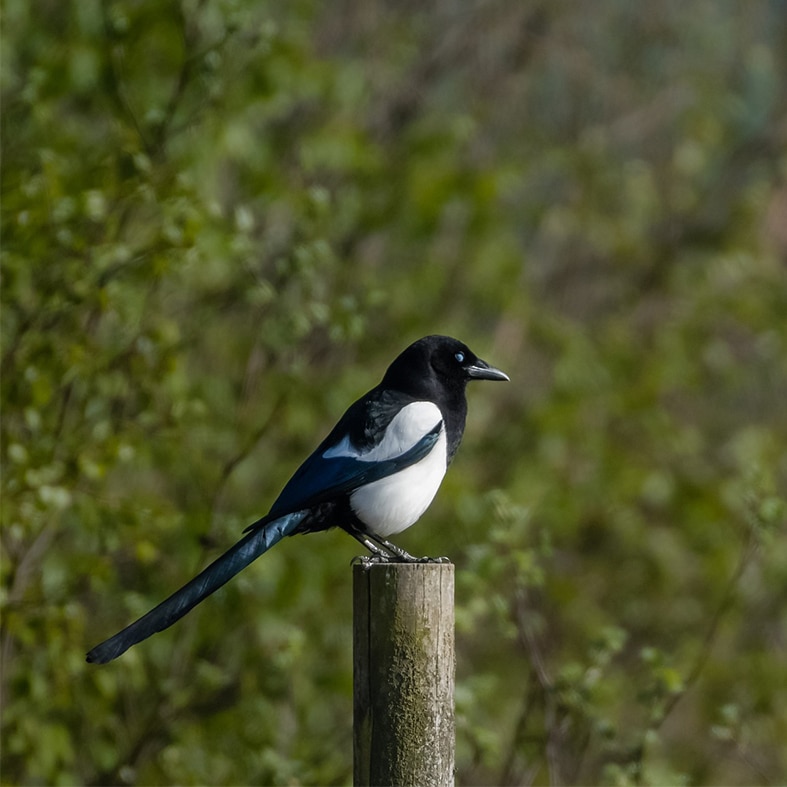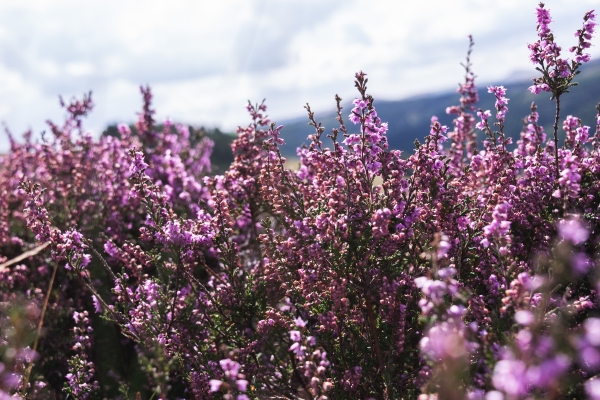
Promising woodcock numbers show self-regulation in shooting works
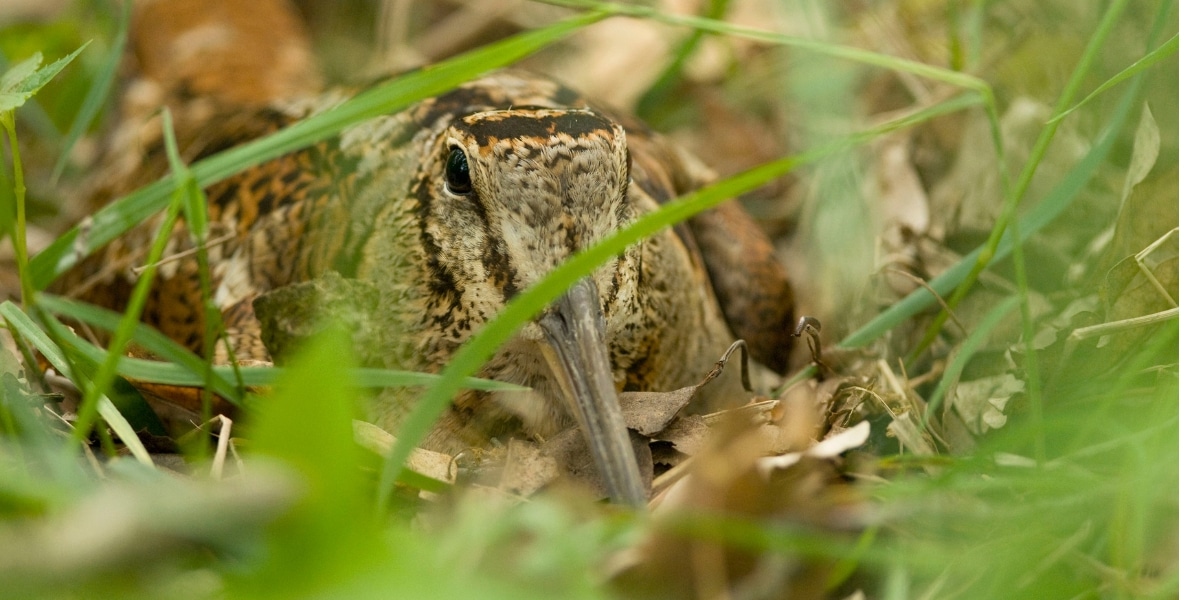
A study carried out by BASC and the University of Exeter into the UK’s resident woodcock population has heralded positive results.
Newly published research into the scale of woodcock shooting in the UK has revealed that people who shoot are complying with calls for voluntary restraint. As a result, the outlook for this iconic but threatened species is much improved.
The peer-reviewed study, a collaboration between BASC and the University of Exeter, indicated that nine out of ten people who traditionally shoot woodcock now only do so after 1 December, when the UK resident population is swelled by the influx of migrant birds.
The findings add weight to the argument that self-regulation can be an effective method of improving the sustainability of wild bird harvests.
This result is reflected in annual bag data which shows that, since 2018, as few as 2.2 per cent of woodcock shot were harvested before 1 December. Around a third of people who responded say they have stopped shooting woodcock altogether.
This confirms an overall continuing decline in the numbers of woodcock being shot in the UK. In the last 20 years the numbers fell by around two-thirds. It is likely the woodcock harvest will continue to decline in coming years due to voluntary restraint.
BASC’s deputy director of conservation Dr Matt Ellis said: “The paper used five different data sources, including BASC’s substantial wing survey, and found that more than 90% of shooters complied with the voluntary delay to the season.
“According to GunsOnPegs shoot census data, the vast majority shoot woodcock only when there is a clear understanding of the local population, which indicates that they have a clear understanding of the conservation value of restraint.
“We believe that this shows that honest messaging from trusted brokers can result in successful self-regulation in the shooting community.”
Prof Joah Madden, University of Exeter, said: “This research was only possible thanks to the long-term record keeping by the shooting community and the generosity of so many Guns who kindly shared their shoot cards and game books with us. This gives us robust, long-term data that allows us to ask important questions about game management and wild harvests in the UK.”
Share

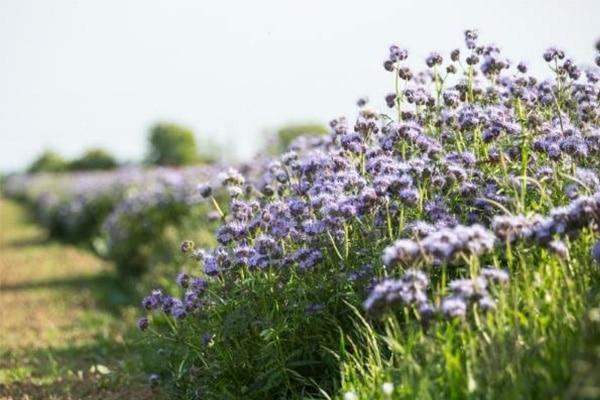
BASC Legacy and BWF David Gray scholarship recipients announced
The BASC Legacy and BWF David Gray conservation scholarships provide financial support to students in further and higher education.

BASC bird boxes take flight
From outreach work with schools, to generating cross-party support in parliament, BASC’s bird box project continues to go from strength-to-strength.
